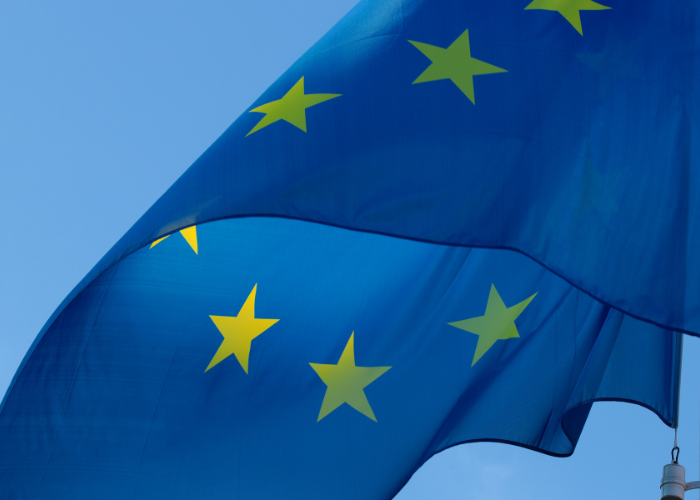Italy’s underrepresentation in the EU CommissionBY PIETRO PAGANINI
- 13 January 2025
- Posted by: Competere
- Categories: highlights, Media, News

Pietro Paganini‘s latest comment, published in Il Giornale, sheds light on the challenges of Italy’s underrepresentation in key decision-making roles within the European Commission. Despite a strong presence in staff numbers, Italy struggles to translate this into meaningful influence.
Read the full comment in Italian on Il Giornale >>> or a summary below.
Italy must transform its strong numerical presence in the EU Commission into strategic influence to better safeguard its national interests.
Italy’s role in the European Commission reveals a troubling imbalance. Of the 53 key positions in Commissioners’ cabinets, Italians occupy only 3, while Germany and France dominate with 9 and 8, respectively. This numerical disadvantage underlines Italy’s marginal influence in critical EU decision-making processes.
Paradoxically, Italian representation within the Commission’s broader bureaucracy is strong, with 4424 staff members making up 14.6% of the total, the highest proportion among all member states. Italians hold prominent roles across various hierarchical levels. However, this advantage is undercut by their limited presence in strategic roles, particularly in Commissioners’ cabinets, where the most important decisions are made.
Unlike Germany and France, whose cohesive strategies ensure their officials occupy key positions, Italy lacks a unified approach. Even high-profile appointments, such as Mogherini as Vice President or Gentiloni as Commissioner for Economic Affairs, have not translated into long-term strategic influence. A notable exception was Commissioner Tajani, who successfully advanced Italian interests, although this momentum has not been sustained or rejuvenated.
The current centralization of power under President von der Leyen’s leadership further complicates Italy’s position. Without a coordinated national strategy, the country risks squandering its human capital and failing to safeguard critical interests like the Made in Italy brand, the Mediterranean Diet, and key industrial sectors.
To reverse this trend, Italy must adopt a proactive strategy, placing officials in pivotal roles, conducting intelligence to anticipate and influence policy decisions, and fostering a unified national network. Italy must shift from being a passive observer to an active participant in shaping Europe’s future. This transformation is vital not just for Italy but for a stronger, more balanced Europe.
This topic has also been covered in a recent article published on our website in Italia. You can read the piece here >>>
